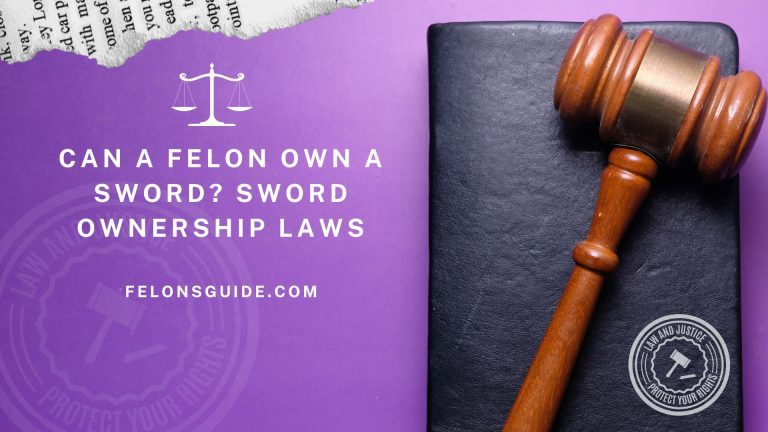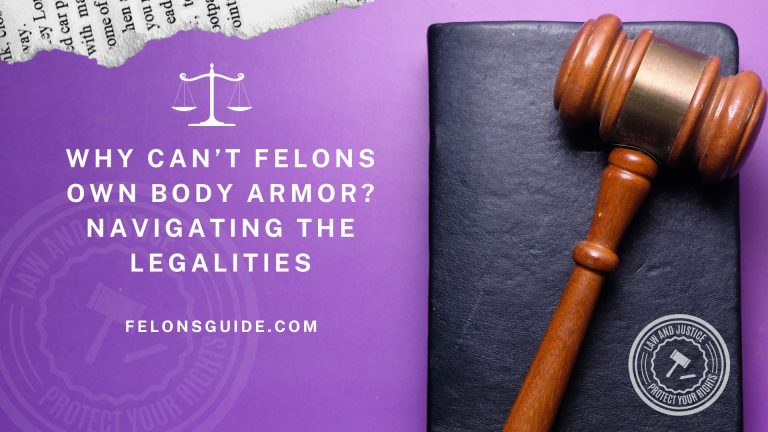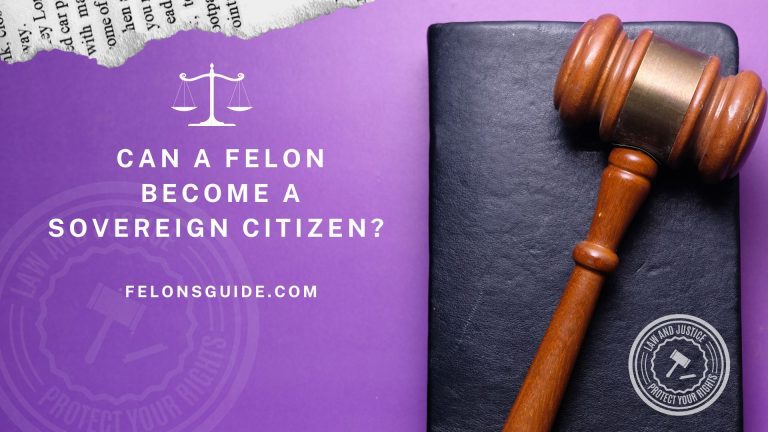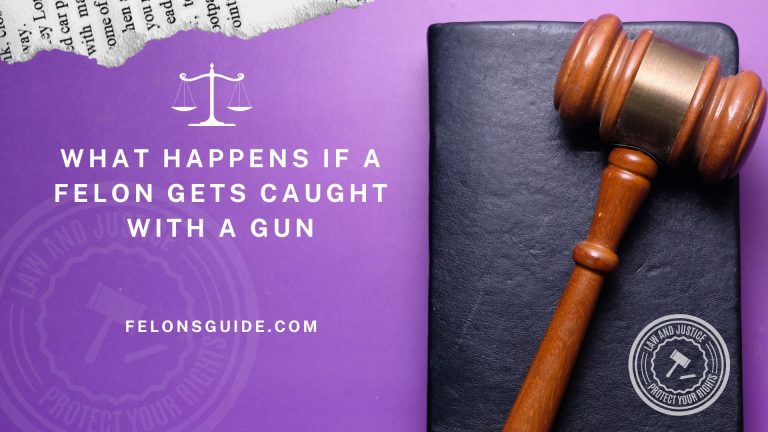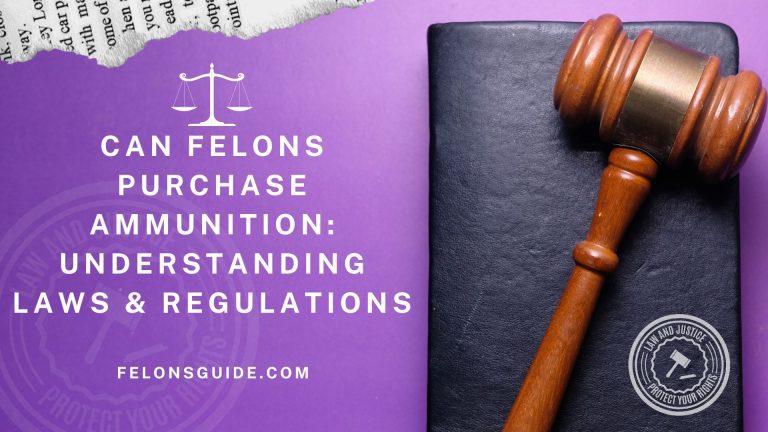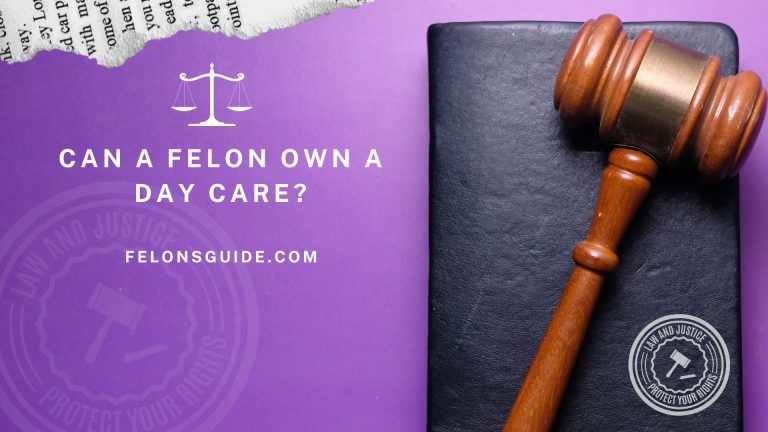Government Grants for Felons: A Complete Guide
Felons face many challenges when they re-enter society, one of which is finding employment. However, there are government grants available to felons that can help them start a business or pursue higher education. In this article, we will provide a comprehensive guide on government grants for felons. We will cover the eligibility criteria, types of grants available, and how to apply for them.
Eligibility Criteria for Government Grants for Felons
General Eligibility Criteria
Felons are not automatically disqualified from receiving government grants. However, certain general eligibility criteria apply, including:
- The applicant must be a U.S. citizen or legal resident.
- The applicant must not have any outstanding warrants or be on parole.
- The applicant must not have been convicted of a drug-related offense while receiving federal assistance.
- The applicant must demonstrate financial need.
- The applicant must have a plan for how the grant will be used.
Eligibility Criteria for Specific Grants
In addition to the general eligibility criteria, specific grants may have additional eligibility requirements. For example:
- Business grants may require the applicant to have a business plan or be enrolled in a business training program.
- Education grants may require the applicant to be enrolled in a specific program or institution.
- Housing grants may require the applicant to be homeless or at risk of becoming homeless.
Also Read: Can a Felon Get a Nevada Gaming License?
Types of Government Grants for Felons
Business Grants
Starting a business can be a great way for felons to become self-sufficient and create a stable source of income. There are several government grants available for felons looking to start a business, including:
- The Small Business Administration’s (SBA) Microloan Program: provides loans of up to $50,000 to start or expand a small business.
- The SBA’s 8(a) Business Development Program: helps small businesses owned by socially and economically disadvantaged individuals compete in the marketplace.
- The Department of Labor’s (DOL) Reentry Employment Opportunities (REO) Program: provides funding to organizations that help ex-offenders find employment, start a business, or pursue higher education.
Also Read: Can a Felon Own a Day Care?
Education Grants
Education can be a powerful tool for felons looking to turn their lives around. There are several government grants available to help felons pursue higher education, including:
- The Federal Pell Grant: provides funding for undergraduate education to students with financial need.
- The Second Chance Pell Pilot Program: provides funding for incarcerated individuals to pursue postsecondary education.
- The Federal Supplemental Educational Opportunity Grant (FSEOG): provides funding to undergraduate students with exceptional financial need.
Housing Grants
Finding stable housing can be a challenge for felons, but there are several government grants available to help with housing-related expenses, including:
- The Department of Housing and Urban Development’s (HUD) Homelessness Prevention and Rapid Re-Housing Program: provides short-term rental assistance and housing relocation and stabilization services for individuals and families who are homeless or at risk of becoming homeless.
- The HUD’s Family Unification Program: provides housing vouchers to families with children who are at risk of being separated by the child welfare system due to a lack of adequate housing.
- The HUD’s Community Development Block Grant Program: provides funding to state and local governments to develop affordable housing and support community development activities.
Health and Wellness Grants
Maintaining good physical and mental health is important for everyone, including felons. There are several government grants available to support health and wellness programs for felons, including:
- The Substance Abuse and Mental Health Services Administration’s (SAMHSA) Grants for the Benefit of Homeless Individuals with Substance Use Disorder: provides funding to organizations that provide substance abuse treatment and related support services to homeless individuals.
- The SAMHSA’s Offender Reentry Program: provides funding to support the reentry of offenders with substance use disorders into the community.
- The Centers for Disease Control and Prevention’s (CDC) Racial and Ethnic Approaches to Community Health (REACH) Program: provides funding to organizations that work to reduce health disparities among racial and ethnic populations.
How to Apply for Government Grants for Felons
Applying for government grants can be a complex process, but with the right preparation, felons can increase their chances of success. Here are the steps to follow when applying for government grants for felons:
Research Available Grants
The first step is to research the available grants and determine which ones are a good fit for your needs and eligibility. Some useful resources for finding government grants include Grants.gov, the Catalog of Federal Domestic Assistance, and your state’s grant website.
Gather Required Documents
Once you have identified the grants you want to apply for, the next step is to gather the required documents, such as tax returns, business plans, or educational transcripts. Make sure to carefully review the application guidelines to ensure you have all the necessary documents.
Prepare Grant Proposal
The grant proposal is the most important part of the application, as it outlines your plan for how the grant will be used and demonstrates your qualifications and financial need. Make sure to carefully review the application guidelines and follow the formatting and content requirements.
Submit Application
After you have prepared your grant proposal and gathered all the necessary documents, you are ready to submit your application. Make sure to carefully review the submission instructions and deadlines to ensure your application is complete and on time.
Frequently Asked Questions
1. What are government grants for felons?
Government grants are financial awards provided by federal or state agencies to individuals or organizations to support specific projects or initiatives. Felons may be eligible for government grants to start a business, pursue higher education, or support other reentry-related activities.
2. Who is eligible for government grants for felons?
Felons who are U.S. citizens or legal residents, demonstrate financial need, and have a plan for how the grant will be used may be eligible for government grants. Specific grants may have additional eligibility requirements.
3. What types of grants are available for felons?
There are several types of government grants available for felons, including business grants, education grants, housing grants, and health and wellness grants.
